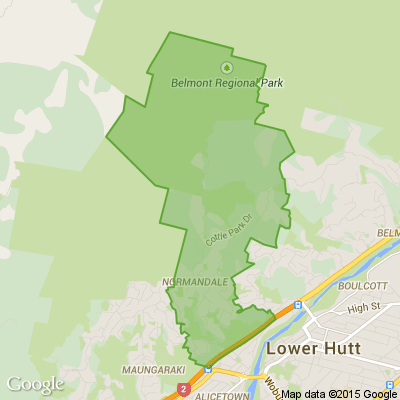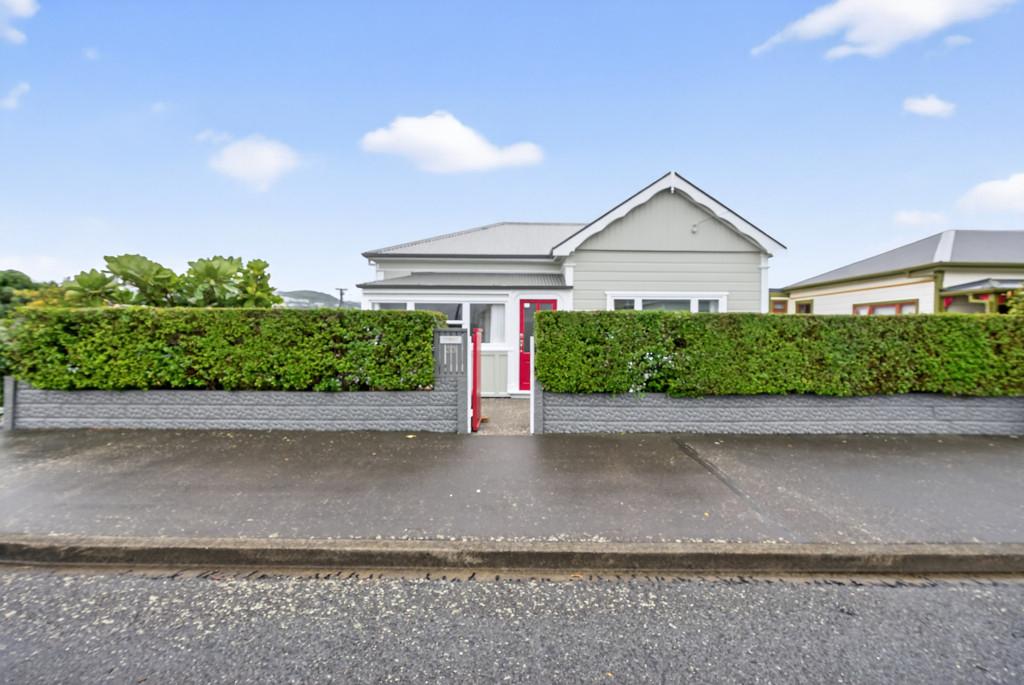Invest in Your Relationship: The Emotional Bank Account
Did you know that the number one thing couples fight about is nothing?
Gottman observed thousands of couples in his Love Lab for more than four decades, we discovered that most couples were not arguing about specific topics like finances, sex, parenting, or dealing with difficult in-laws.
Instead, they were fighting about a failure to emotionally connect, and likely didn’t even know it.
We realized how, instead of having productive conflict discussions about tangible issues, couples were really arguing about how one partner may not pay much attention to the other’s needs, or may not express much interest in things that their partner cares about.
While the science behind what drives couples to lose their emotional connection can be quite complex, we use a simple concept that can help couples reconnect: The Emotional Bank Account
Turning toward instead of away
Imagine that you and your partner are watching a TV show together after dinner, and your partner discovers some bad news about one of their friends. You can do one of two things: turn towards or turn away.
Turning towards can be as simple as acknowledging what your partner has said to you. You could say something like, “Oh, that’s awful. I’m so sorry to hear that.” That kind of response will let your partner know that you listened and care about what they have to say, which will help build up positivity in your relationship.
Or you could say nothing and continue to watch TV. That would be turning away from your partner, and it won’t make your partner feel heard or understood.
Think of it this way: how would you feel if you expressed something that you care about to your partner, and they didn’t respond at all? You probably wouldn’t feel very good. But if your partner gave an indication that they are listening to you and that they care about what you have to say, you will likely feel connected to your partner.
It’s important to remember that most acts of turning toward are small, everyday gestures of appreciation, understanding, affection, and kindness. Even if your partner says something like, “Hey, look at the rainbow outside,” and you respond with something very simple like, “Oh, nice!” that is an act of turning toward.
The Emotional Bank Account
Essentially, when you turn toward your partner’s bids for connection, you are making a deposit in your Emotional Bank Account. And when you turn away from your partner, you make a withdrawal. Just like a real bank account, a zero balance is trouble, and a negative balance is the real danger zone.
An Emotional Bank Account grows when partners make more deposits than withdrawals. In a six-year follow-up study of newlywed couples, couples who remained married turned toward their partner’s bids for emotional connection 86% of the time in the lab, while those who divorced averaged 33%. The difference between happy and unhappy couples is how they manage their Emotional Bank Account.
When the Emotional Bank Account is in the red, partners tend to question each other’s intentions and feel disconnected, or even lonely.
But when the Emotional Bank Account is in the green, partners tend to give each other the benefit of the doubt during a conflict. They keep their relationship in the positive perspective.
So how do you measure the balance of your Emotional Bank Account?
The 5:1 ratio
Again, we have another concept that’s easy to remember: the magic relationship ratio of 5:1.
Five-to-one of what? Well, an act of turning towards, no matter how small or subtle, is a positive interaction. An act of turning away is a negative interaction. There are three key takeaways to help you manage your Emotional Bank Account:
To be satisfied in a relationship, couples must focus on increasing deposits (positive interactions) and minimize withdrawals (negative interactions)
During conflict: 5 positive interactions to every 1 negative interaction
During everyday life: 20 positive interactions to every 1 negative interaction
Why the difference? Because when couples are in the heat of conflict, they are already in a negative state of mind, so the added negativity is to be expected. This 5:1 ratio does suggest that you still need to say and do five positive things for every negative thing, even during an argument.
That sounds challenging, right? Well, try reframing your approach to conflict: you don’t necessarily have to be agreeable or overly accommodating. But you should turn towards your partner, listen to them, ask them to tell you more, validate their perspective, and express empathy.
If you can do those five things during a conflict discussion, even if you disagree with your partner and find this issue to be recurring or unsolvable (which most problems in a relationship are due to personality differences), that’s five positive interactions!
On the other hand, when you’re going through your day and you’re suddenly interrupted by a negative interaction with your partner, it has a much bigger impact on your Emotional Bank Account. Positive interactions are small, consistent deposits, but negative interactions are big withdrawals, and too many of them can erase a positive balance.
And remember that grand gestures aren’t the goal here. An emotionally wealthy marriage is not cultivated during a two-week vacation to Hawaii. Instead, it’s built on a daily routine of positive habits and interactions. For many couples, just realizing that they shouldn’t take their everyday interactions for granted makes an enormous difference in their relationship.
Invest in your Emotional Bank Account
While these two concepts may be easy to understand, they require intentionality and awareness in order to effectively implement them. To help, here are five science-based methods to keep your Emotional Bank Account in the green for good:
Be mindful
Couples often ignore each other’s emotional needs out of mindlessness, not malice. So, you’ll need to pay attention. Be mindful of your partner’s bids for connection and turn towards them. This will make them feel heard and valued. You may not catch all of them, but the more you focus on those positive bids, the easier it will become to recognize them and turn toward them.
Express appreciation daily
Every day, think of all the ways your partner has turned towards you or made emotional bids. Those can be as simple as texting you at work to say that they hope the big meeting went well, or that they spent five minutes asking you about your day while you washed the dishes together. The goal is to remember those positive deposits and then to express appreciation for them. If you can imbue your relationship with a positive perspective on things, it becomes second nature to be grateful for your partner’s support and to tell them so.
Talk about stress
One study discovered that the spillover of external stress into a relationship was the single biggest reason why couples relapsed two years after marital therapy. That’s why the Stress Reducing Conversation is probably the most important conversation a couple can have. Take 20-30 minutes of undivided attention with each other, and do not discuss your marriage. Remember that all emotions are welcome during this conversation, and the end goal is to express understanding and validation of your partner’s feelings and perspective.
Communicate understanding
When your partner makes a complaint, don’t try to solve the problem. Instead, express that you can understand why they’re frustrated. You can even go a bit further and take responsibility if you did something to upset them. And if they’re happy about something, share in their excitement. We feel loved when we feel heard and understood, and the more you do that, you’ll build up a reciprocal emotional connection between you both.
Be physically affectionate
Kissing, holding hands, hugging, and cuddling is all opportunities to make deposits into your Emotional Bank Account. The Normal Bar study of more than 70,000 people in 24 countries found that couples who have a great sex life kiss one another passionately for no reason whatsoever, they cuddle, and they are mindful about turning toward.
If you don’t have a rich Emotional Bank Account, start small by noticing your partner’s bids. Turn towards them, again and again, as much as possible. Bid by bid, your interactions will positively sculpt your relationship until your Emotional Bank Account represents the wealth of love and respect you have for each other.
You can’t put a price on that.

Poll: Should the government levy industries that contribute to financial hardship?
As reported in the Post, there’s a $30 million funding gap in financial mentoring. This has led to services closing and mentors stepping in unpaid just to keep helping people in need 🪙💰🪙
One proposed solution? Small levies on industries that profit from financial hardship — like banks, casinos, and similar companies.
So we want to hear what you think:
Should the government ask these industries to contribute?

-
59.5% Yes, supporting people is important!
-
26.2% No, individuals should take responsibility
-
14.3% ... It is complicated
Storm damage and garden clean ups
Strorm
Damage if you need a tree removed
Call us on 0272430951
And we can help
Documenting the RiverLink Project around Melling, Pharazyn St and Marsden St
Kia Ora, Neighbours. For the last couple of years I've been documenting with my camera the changes in my area around the extensive work going on with the RiverLink project (Melling Interchange/New Melling Bridge/New Melling Railway Station/ Melling Station walk bridge / Clearance of Pharazyn St and Marsden St and Stop bank work).
I pass no judgements on the work. My photos simply record what's happening.
Early blog posts are photo essays of the the demolition of Pharazyn St and Marsden St residential and industrial properties. Later photos are the more up to date records happening right now.
I'd welcome your feedback, especially with better information about what's happening, as there seems to be a number of sites specialising in their own work but not a comprehensive coordinated site with details and links.
Here's the link. Enjoy. www.riverlinkphotos.blogspot.com...










 Loading…
Loading…





